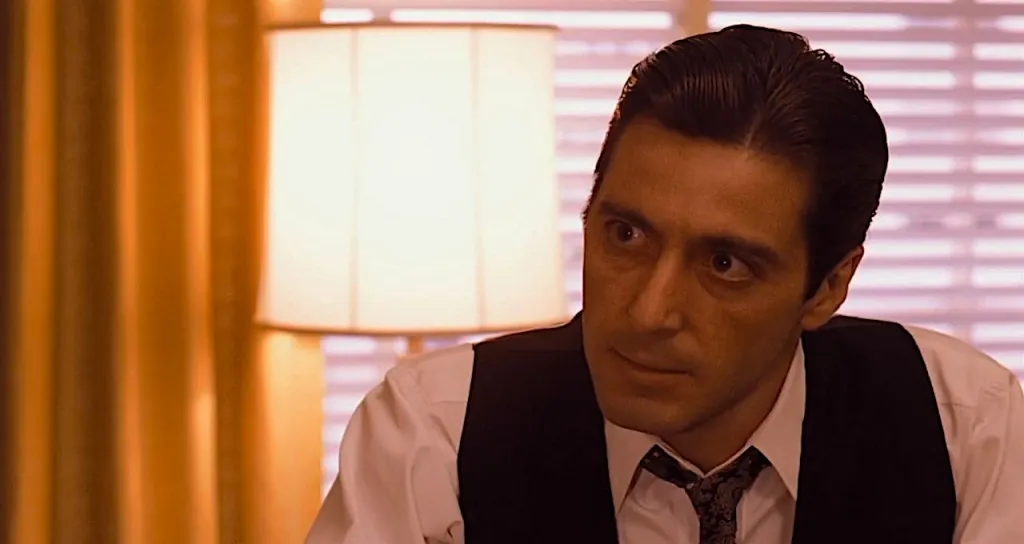Al Pacino: The Journey to Becoming an Acting Legend
Few actors have left a mark on cinema as indelible as Al Pacino. With a career spanning over five decades, his riveting performances have captivated audiences worldwide. But how did this Brooklyn-born son of Sicilian immigrants rise to become one of Hollywood’s most celebrated actors? Pacino’s path to stardom was a tale of grit, passion, and unrelenting dedication to his craft.
Early Life and Inspiration
Born Alfredo James Pacino on April 25, 1940, in East Harlem, New York City, he was raised in a modest household. After his parents separated, he moved with his mother and grandparents to the Bronx. Despite financial struggles, Pacino found solace in storytelling and the arts.
As a teenager, he discovered a love for acting, though his early ambitions didn’t come without challenges. “I wasn’t a scholar,” Pacino admitted in an interview. “I was more of a dreamer. I found school difficult, but I felt alive when I performed.”
His passion led him to apply to the High School of Performing Arts in Manhattan. While he didn’t initially succeed, this rejection didn’t deter him. Instead, it solidified his resolve.
Struggles and Training
Pacino’s early acting years were far from glamorous. He worked odd jobs to support himself, including stints as a janitor and a mailroom clerk. At one point, he was even homeless, crashing on friends’ couches. But during these lean years, he also took pivotal steps toward honing his craft.
In his early 20s, Pacino joined the prestigious Actors Studio, where he studied under the legendary Lee Strasberg, a pioneer of Method Acting. “Lee gave me the confidence to explore my emotions,” Pacino later said. “He taught me to trust myself and to find truth in every character.”
The training was transformative. Pacino immersed himself in intense character work, which would become a hallmark of his performances.
Breakthrough and Stardom
After years of struggling, Pacino landed his first major role in the off-Broadway production The Indian Wants the Bronx in 1968, earning an Obie Award for his performance. His portrayal of troubled characters caught the attention of filmmakers, including Francis Ford Coppola, who cast him as Michael Corleone in The Godfather (1972).
Initially, Paramount Pictures was hesitant about Pacino, an unknown actor at the time, taking on such a pivotal role. However, Coppola insisted. “There was something about him — a quiet intensity,” Coppola recalled. “I knew he was Michael Corleone.”
Pacino himself was initially unsure of his abilities. “I was terrified during those early days on set,” he later revealed. “But I trusted Coppola, and that trust allowed me to grow into the character.”
The role propelled Pacino to stardom, earning him an Academy Award nomination and cementing his place in Hollywood.
A Legacy of Dedication
Throughout his career, Pacino’s commitment to authenticity remained unwavering. Whether playing a morally conflicted mob boss or a tormented cop, he brought depth and complexity to every role.
“I never thought about success or fame,” Pacino once said. “For me, it was always about the work. If you love what you do, the rest will follow.”
His journey from a struggling actor to a cinematic icon serves as an inspiration to aspiring performers everywhere. Al Pacino’s story is a testament to the power of perseverance, passion, and believing in one’s craft — even when the odds seem insurmountable.
Today, he remains a symbol of artistic integrity, proof that hard work and dedication can transform dreams into reality.




